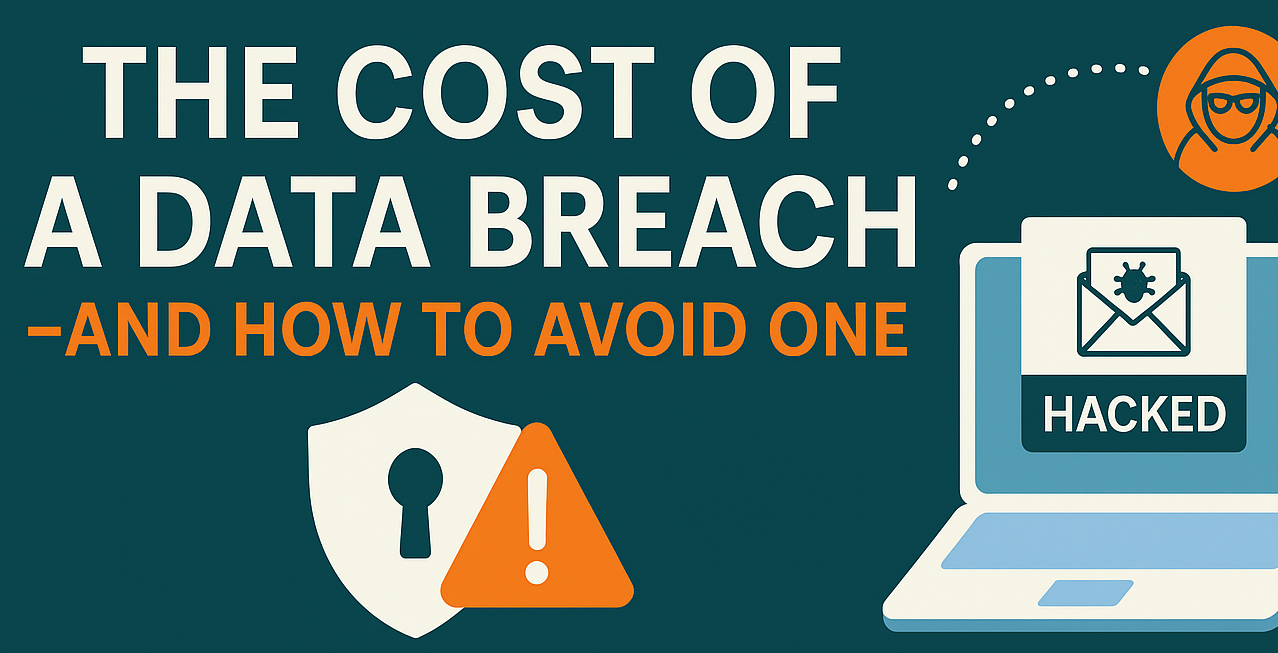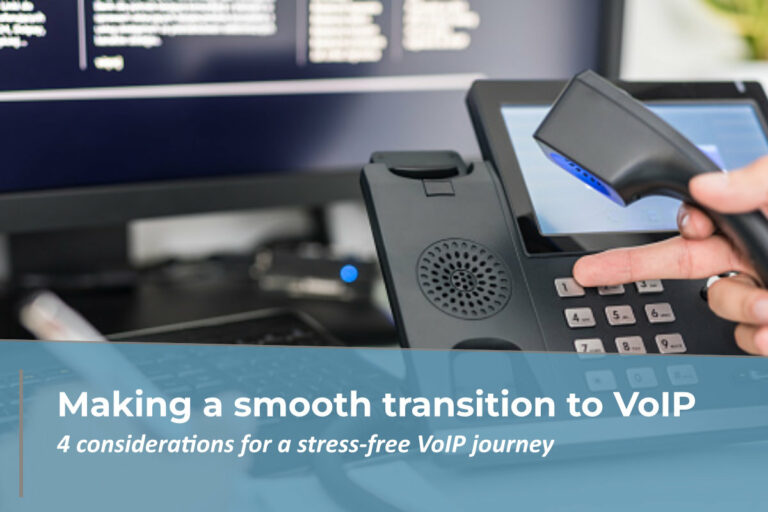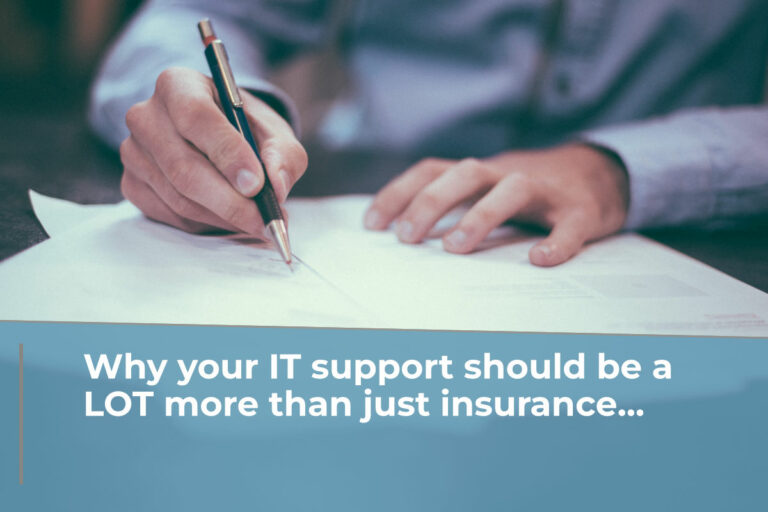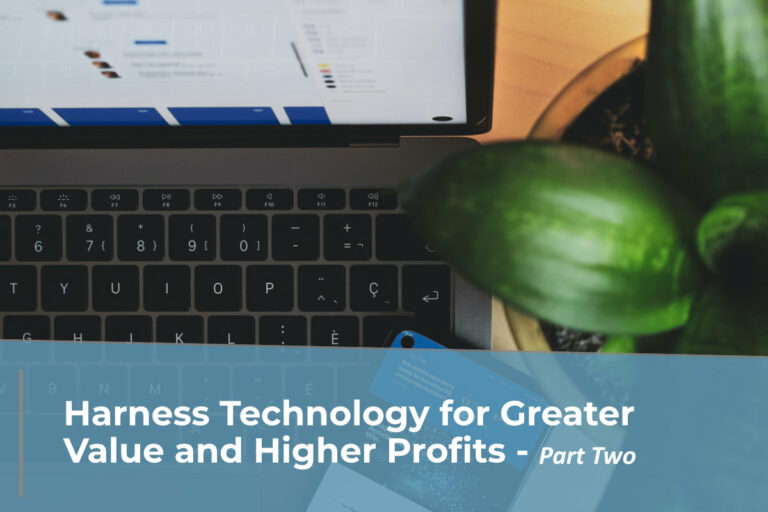The Cost of a Data Breach – and How to Avoid One
⚠️ “It’ll Never Happen to Us…”
That’s what many small businesses and charities think — until it happens. And when it does, the impact isn’t just technical — it’s financial, reputational and even legal.
That’s why I’m breaking down:
- 💸 What a data breach can really cost
- 🔍 Why small organisations are being targeted
- 🛡️ Simple steps you can take to protect your business or charity
No jargon. No scaremongering. Just honest advice.
💥 What Is a Data Breach?
A data breach happens when someone gains unauthorised access to your private data – usually customer records, staff details, financial info or sensitive emails.
This could be caused by:
- A cyberattack (e.g. ransomware or phishing)
- A lost device (like a laptop with no password or encryption)
- Or even a simple human error, like emailing the wrong person
💸 What Does a Breach Actually Cost?
Let’s get specific. A breach can lead to:
💰 1. Financial Damage
- Recovery costs: Restoring data, replacing devices, security upgrades.
- Fines: ICO/GDPR penalties if you’ve mishandled personal data.
- Ransom payments (yes, some businesses pay – and it doesn’t always work)
✅ Average cost for UK small businesses: £4,200+ (Source: UK Gov Cyber Security Breaches Survey 2024)
📉 2. Loss of Trust
- Clients lose confidence if you can’t keep their data safe.
- Referrals dry up, contracts are cancelled.
- Reputational damage spreads quickly, especially in local markets.
🕒 3. Downtime
- Your team may lose access to key systems for days.
- Lost productivity = lost revenue.
🎯 Why Small Organisations Are Prime Targets
Cybercriminals are strategic. They know:
- SMEs and charities often have weaker defences.
- Teams may not be trained in spotting phishing emails.
- There’s often no in-house IT to catch problems early.
It’s not personal – it’s just easy money.
🛡️ How to Protect Your Organisation
Here’s what I recommend (and help implement at CloudHost Limited):
🔐 1. Cyber Essentials Certification
A government-backed scheme that helps you protect against common cyber threats and shows clients you take security seriously.
📧 2. Email Security
Use advanced filtering (like Ironscales) to stop phishing and spoof emails before they reach your team.
💾 3. Automated Backups
Tools like Dropsuite back up Microsoft 365 data (emails, files, Teams chats) so you can recover quickly after a breach or accidental deletion.
🔒 4. Endpoint Protection
Replace old-school antivirus with next-gen tools like SentinelOne which detects threats in real-time and isolates infected devices automatically.
🧠 5. Staff Training
People make mistakes — but with a bit of guidance, they can become your strongest line of defence. We offer simple security awareness training that actually sticks.
🧾 Final Thought: It’s Cheaper to Prevent Than to Repair
Think of cybersecurity like insurance — but better. You don’t just protect yourself from damage. You stop the damage from happening in the first place.
At CloudHost, we help SMEs, charities, and care providers build solid, sensible defences – without overcomplicating things or overspending.
💬 Ready to Review Your Cyber Defences?
We offer friendly, no-jargon advice to help you assess your risks and strengthen your IT.
📩 Book a free consultation 📞 Or call us on 03333 44 6500
Making IT Simple, Secure & Scalable for Growing UK Businesses & Charities







